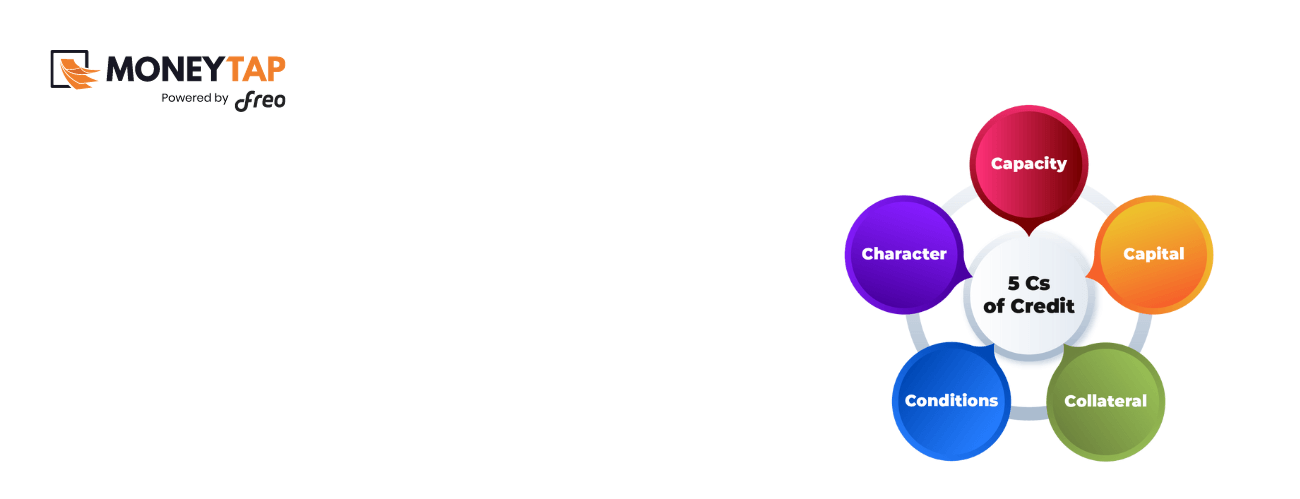Topic
- Around India with MoneyTap 1
- Consumer Durable 1
- Credit Cards 32
- Credit Score 27
- Finance 33
- General 52
- Know MoneyTap Better 26
- MoneyTap 50
- MoneyTap in Daily Life 38
- Personal Loan 86
- Shopping on EMI 4
- Wedding Loan 1
Every technological advancement brings with it a range of new lexicon for the layman to comprehend. When technology merges with an industry that is already laden with difficult terminology, such as financial services, the jargon just increases multi-fold.
Fintech, the term used to describe this welcome relationship of Technology with Finance, is also a new term to the uninitiated. Ever wondered what the various terms you come across mean?
Let us familiarize ourselves with some of the more commonly used financial terms (not listed in alphabetical order) in the fintech industry and learn to talk smart.
Cryptocurrency
A cryptocurrency is another word for a digital currency. It uses encryption to secure transactions and for anti-counterfeiting measures. Both public and private encryption keys are often used in cryptocurrency transactions. Typically, they operate independently of any central bank and are free of government interference.
The first cryptocurrency to be created was Bitcoin in 2009. Other examples of a cryptocurrencies are – Ether, Litecoin, Namecoin, Stellar and Dogecoin.
Blockchain
The simplest way to explain blockchain is that it is a decentralized digital ledger. It records all digital transactions as a string of data and stores it on a distributed global network of computers. Every time a new batch of transactions is encrypted by the network, it is added to the string (or chain) as a “block.” It is constantly growing as ‘completed’ blocks are added to it with a new set of recordings.
It is called the ‘blockchain’ because it is a long list of blocks. The blocks are added to the blockchain in a linear, chronological order. Using cryptography, it allows each participant to manipulate the ledger on the network in a secure way. There is no need for a central authority.
Bitcoin
‘Bit’ indicates digital and ‘coin’ indicates money. Pretty straightforward, isn’t it? Bitcoin is the most famous example of blockchain technology. A decentralized digital cryptocurrency, it was invented by the pseudonymous Satoshi Nakamoto in 2008. Buying and selling of bitcoin is recorded in the general ledger.
Crowdfunding
Funding a project or venture by raising money from a large number of people is called crowdfunding. It takes place via the Internet, it allows people or organizations to pitch ideas and concepts to backers, known as the crowd, in order to pledge for financial investment.
Individuals or new business initiatives can raise capital and offers numerous benefits to both parties. Popular crowdfunding investment platforms are Kickstarter and Seedrs.
Unicorn
Companies with a valuation in excess of $1bn are called Unicorns. The term was originally coined by Aileen Lee, founder of Cowboy Ventures. There are numerous successful startups in the Fintech industry. However, there is a lot of controversy around the actual value assessment due to murky investments.
A Company over $10 billion is called a decacorn and a company valued over $100 billion is called a hectocorn.
API
Application Programming Interface (API) is a set of functions and procedures that allows one software application to talk to another. It enables data to move between software applications. A good API provides all the building blocks for a programmer to put together and develop a program.
Example: Aadhaar Authentication API, is the API provided by UIADAI (Unique Identification Authority of India). This API enables people to use Aadhaar.
Cockroach
Do you fear cockroaches? Don’t, because in this instance, Cockroach is a term that challenges Unicorn. It is the definitive word for a startup that reaches a valuation of a billion or more. A Cockroach achieves growth that is slow but steady and sustainable too, justifying large investments.
Robo-Advisors
Imagine a real Robot advising you on managing your finances? Well, Robo-Advisors are the automated provision of financial advice. They use artificial intelligence to carry their services. A range of services are provided in an automated, digital channel. Customers are advised on investment, investment management, mortgage and credit. It is an online wealth management service that is algorithm-based.
UPI
NPCI (National Payments Corporation of India) launched UPI (Unified Payments Interface) as a new way to transfer money in India. UPI is a way to transfer money between two parties, using their phones. It is like a “money-transfer-API.” NPCI is making banks to improve their interoperability.
Customers can manage bank accounts in multiple banks with a single mobile banking application (from any of the banks). Every bank has a timeline to make their UPI integrated applications go live this year. Merchants can collect money from their customers and send invoices from the mobile app.
Now that you have smart information on few of the fintech jargons, do comment and let us know what more you would like us to explain. Share away with your friends who would like to learn too.











 Get it on playstore
Get it on playstore Get it on appstore
Get it on appstore